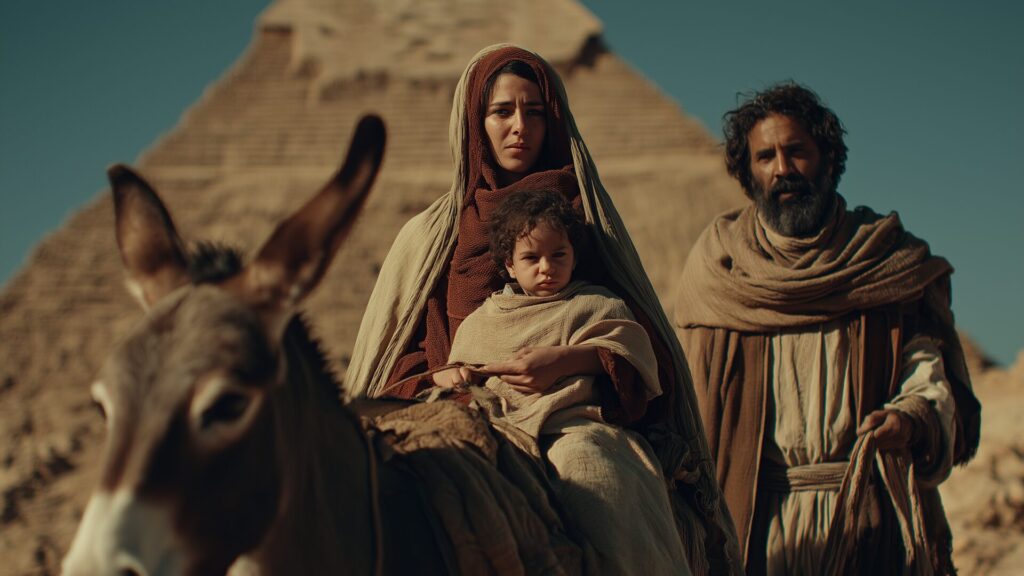Many of us are overly familiar with the Bible story where Sheep wanders off and becomes lost. Many of us have a special affinity for the Shepherd who leaves the rest of the flock in an open field and goes after the one that is MIA. We know that Shepherd joyfully puts Sheep on His shoulders and returns home. We rejoice too when Shepherd gets home with Sheep, gathers His friends and neighbours, and they all celebrate together the return of one that was lost.
There are also a few things I don’t know about this story of the joyful Shepherd. For instance, I’d like to know how the flock treated the one who was lost and became found. Did they send a senior sheep to ascertain what level of mischief Sheep got up to while away? Were there meetings to discern how Sheep needed to be disciplined?
Did they spend more time trying to decide who would approach Sheep to discuss rebaptism than they did caring for Sheep? Were there heated arguments behind closed doors around dis-flockshipping? Was Sheep still allowed to lead out in campfire songs or did the rich deep baritone have to sing from the far edges of the flock? How long was Sheep asked to quarantine himself for the sake of all the other young impressionable lambs? How much blood, sweat and tears might it take for Sheep to prove himself worthy of belonging and righteous after wandering away? [pullquote]
Though I still hold some questions about the parable found in Luke 15, I know several things for certain. Due to the character of the Shepherd I can fill in some of the blanks about what happened when Sheep was found.
I know for sure that when the Shepherd found Sheep, He didn’t just stand at a distance and yell abuse at Sheep. Shepherd didn’t berate Sheep and ask him to pull himself together and go home. The Shepherd didn’t email Sheep a link to show the ways in which one could extricate itself from a thorn bush using seven power prayers.
I am also certain Shepherd didn’t throw words or stones at Sheep when He found him on the shady side of town with a fresh tattoo, smelling of alcohol and vomit. The Shepherd didn’t stand in the middle of the field under a spotlight and demand that Sheep grovel or beg for forgiveness.
He didn’t dictate that Sheep conquer a dangerous obstacle course before clambering up onto the shoulders of the Shepherd. He didn’t demand a signature on a 28-point policy disclosure before being allowed to catch the Shepherd Uber home.
In fact Shepherd didn’t demand Sheep return home at all—it was optional. Shepherd just offered a lift home with no strings attached. The Shepherd was so full of love that He didn’t even make Sheep promise that he would never stray again. He gave Sheep the continued free choice to choose wrong or right.
And every time Sheep strayed, the Shepherd went out into the darkness and offered a shoulder Uber. Every time. The Shepherd never drew the line and said “enough”; He went out after the lost one every time.
How’s that for a demonstration of reckless and unrelenting love?
Rochelle Melville is an art therapist studying social work full time. She is passionate about helping people release their innate creativity for healing, wellbeing and worship.






